Posted on 8/29/2025
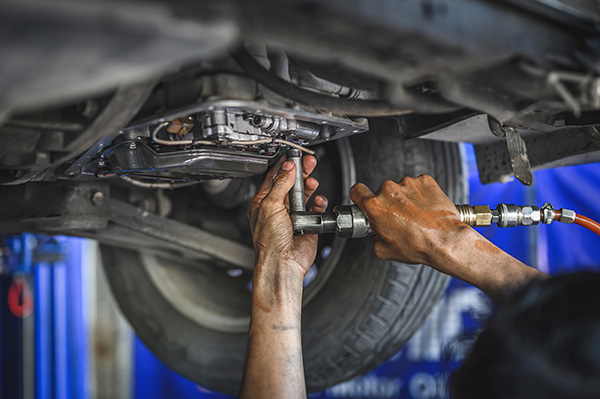
Your vehicle’s transmission fluid is one of the most important yet overlooked fluids under the hood. It plays a vital role in keeping your transmission cool, lubricated, and performing smoothly. Whether you drive an automatic or a manual transmission, regularly checking your fluid helps prevent costly repairs and ensures your vehicle shifts smoothly on the road. If you’re not sure how to check transmission fluid or whether your vehicle even has a dipstick, here’s what every driver in Visalia should know. What Transmission Fluid Does Before learning how to check the level, it helps to understand what transmission fluid actually does. It keeps the gears inside your transmission moving smoothly, prevents overheating, and protects components from friction and wear. Without enough clean fluid, the transmission can become sluggish, overheat, or even suffer internal damage. That’s why it’s crucial to make checking the fluid part of your routi ... read more
Posted on 7/25/2025
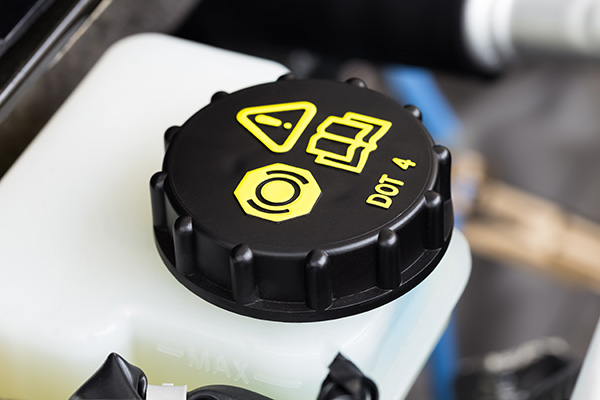
Brake fluid may not receive as much attention as engine oil or tire maintenance, but it plays a crucial role in your vehicle's safety and performance. Without it, your brakes wouldn’t work at all. Over time, brake fluid can become contaminated or lose its effectiveness, and neglecting to replace it regularly can lead to serious problems. Understanding what happens if you skip this important maintenance step helps you make better decisions to protect your car and yourself. What Does Brake Fluid Do Brake fluid is a hydraulic fluid that transfers the force from your foot on the brake pedal to the brake components at each wheel. When you press the pedal, the fluid creates pressure in the brake lines, which squeezes the brake pads or shoes against the rotors or drums to slow and stop your car. Because braking generates heat and pressure, brake fluid must maintain a high boiling point and resist absorbing moisture to perform effectively. Brake Fluid Abs ... read more
Posted on 6/27/2025
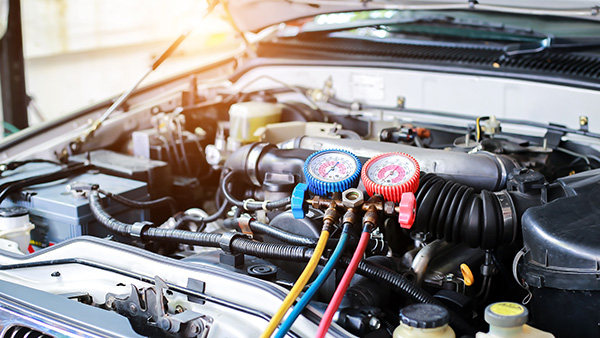
Your car’s air conditioning system plays a big role in keeping you comfortable, especially during the hot summer months. But when cooling performance starts to fade, it’s natural to wonder what kind of inspection your A/C system needs and whether it uses R-134a or R-1234yf refrigerant. Knowing the correct type of refrigerant is essential for proper service. Using the wrong kind can damage components, reduce efficiency, and even void warranties. Fortunately, there are some simple ways to find out what your vehicle needs and when it’s time to schedule an inspection. Start with the Vehicle’s Age and Make The refrigerant your car uses largely depends on the year it was manufactured. Most vehicles made before 2015 use R-134a, which was the industry standard for many years. Beginning in 2015, many manufacturers started switching to R-1234yf, a more environmentally friendly alternative. By 2021, nearly all new vehicles in the United States came equi ... read more
Posted on 5/30/2025
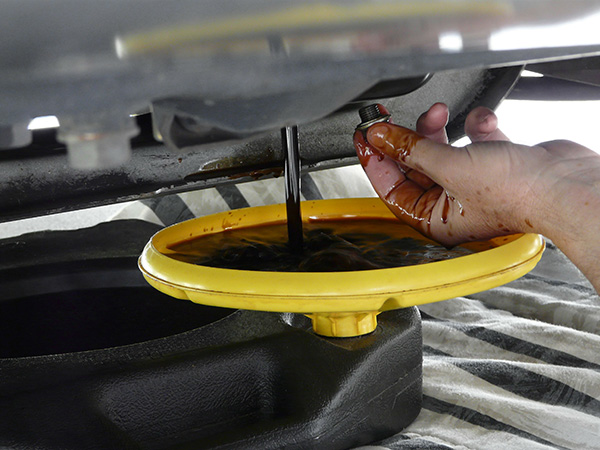
Changing your own oil might seem like a great way to save money. It’s a straightforward job, right? A wrench, a jack, some fresh oil—and you’re all set. But the reality for many modern car owners is a little different. With new vehicle designs, tighter engine compartments, and specific oil requirements, doing it yourself isn’t always as convenient or cost-effective as it once was. If you’re debating between tackling your next oil change in the driveway or bringing it to a professional shop, here are five reasons why the at-home option might not be worth it. 1. The Tools and Setup Can Be More Trouble Than You Think Unless you already have all the tools you need—like a jack and stands, an oil filter wrench, and a drain pan—changing your oil at home means spending money upfront. And it’s not just about buying tools. You’ll also need a safe, flat workspace where you can lift the car and get underneath it comfortably ... read more
Posted on 4/25/2025
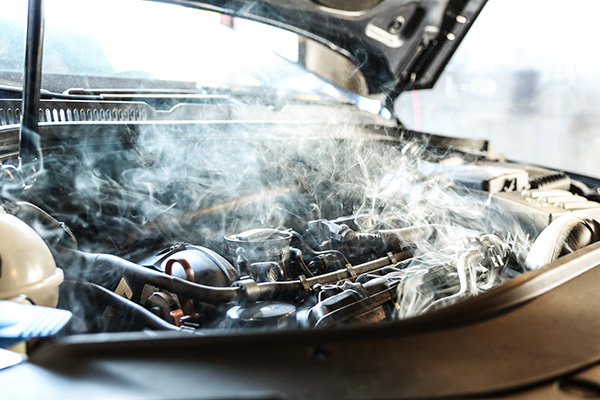
Your vehicle might look fine on the outside, but that doesn’t always mean it’s safe to drive. There are warning signs that often go unnoticed or ignored—but driving with them can put your safety and others at serious risk. Some problems may seem small at first but can lead to major mechanical failures or even cause accidents if left unchecked. If something feels off while you’re driving—or you’ve been postponing that service visit—now’s the time to pay attention. Here are seven signs that your car might not be roadworthy and why it's best to address them as soon as possible. Your Brakes Feel Weak, Spongy, or Make Noise Your brakes are your most important safety feature, and any change in how they feel or sound deserves immediate attention. If your brake pedal feels soft or goes lower than usual, it could be a sign of air in the brake lines or a fluid leak. Grinding or squealing noises might indicate that your brake ... read more